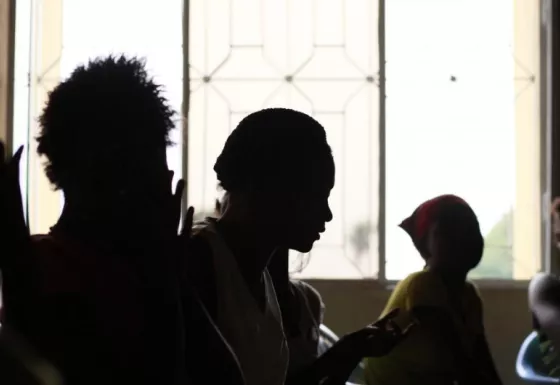Working so closely with women and children, Edwige has seen first-hand the inequality and injustice that women and children face.
Read extracts from our recent discussion, where she told me what it's like growing up as a girl in the DRC and be inspired by her drive to improve conditions for Congolese women.
"The challenges women and girls face in the DRC
Women are not considered equal to men in my country.
It's linked to aspects of our culture.
People would listen to a 7-year-old boy, but would not listen to an old woman, just because she is a woman."
Most victims of Sexual and Gender Based Violence (SGBV) never even have the opportunity to know who the rapist or attacker is. This affects the healing process for a survivor- they should be able to know.
And even when they know who the attacker is, women may not get reparation or justice. Following an attack, they can face stigma and are often rejected by their husband and family.
This combination of marginalization, rejection and a lack of reparation increases the pain for these women and girls.



